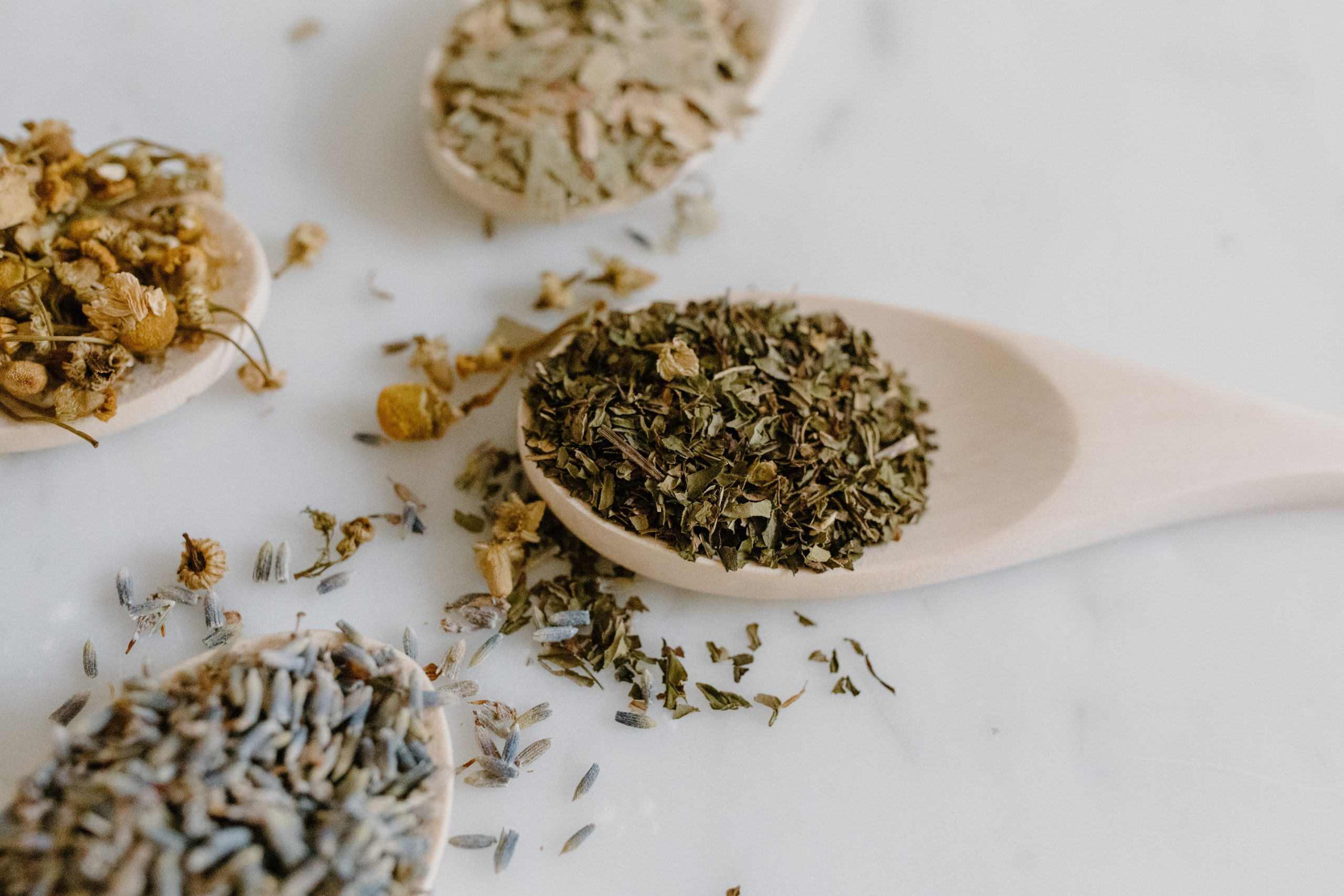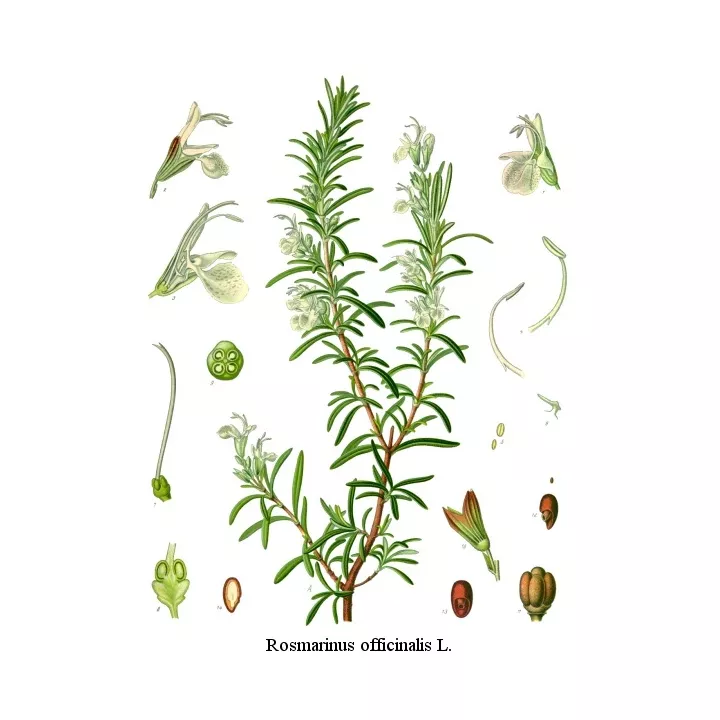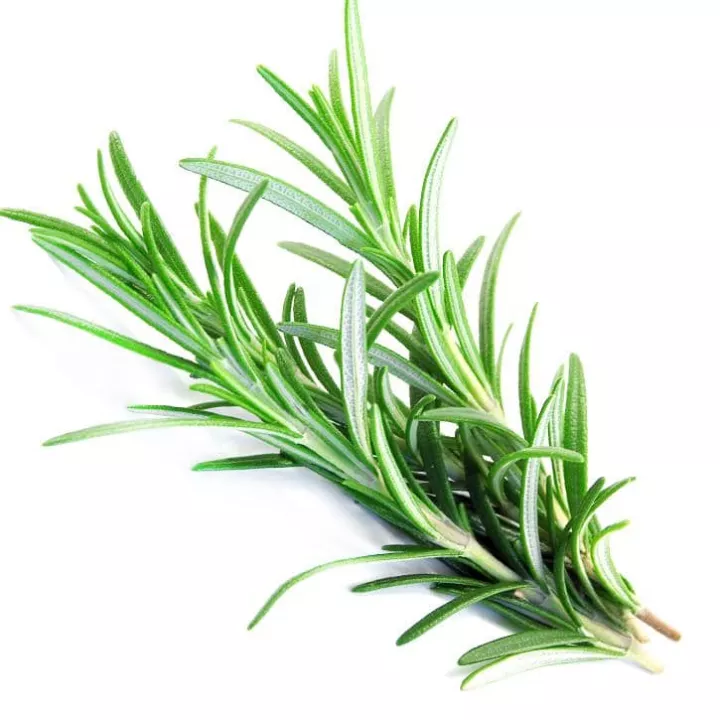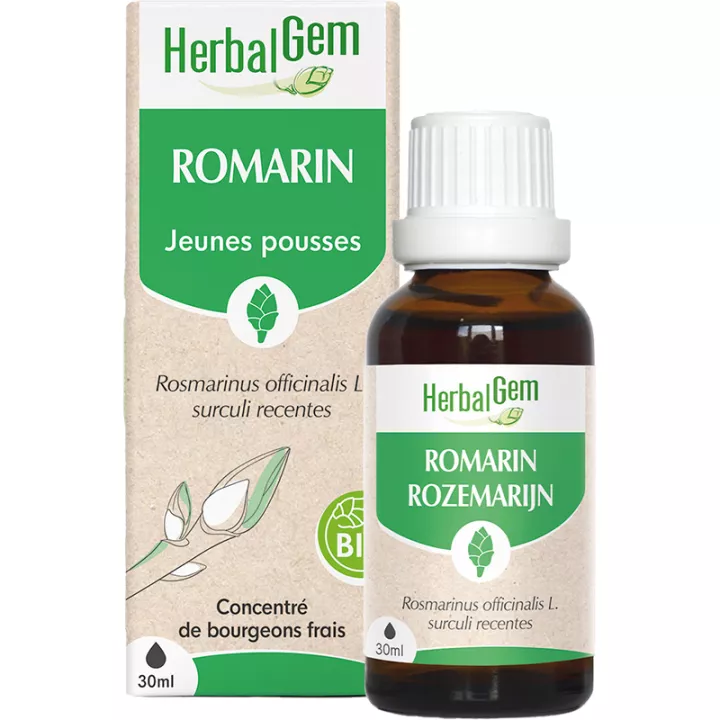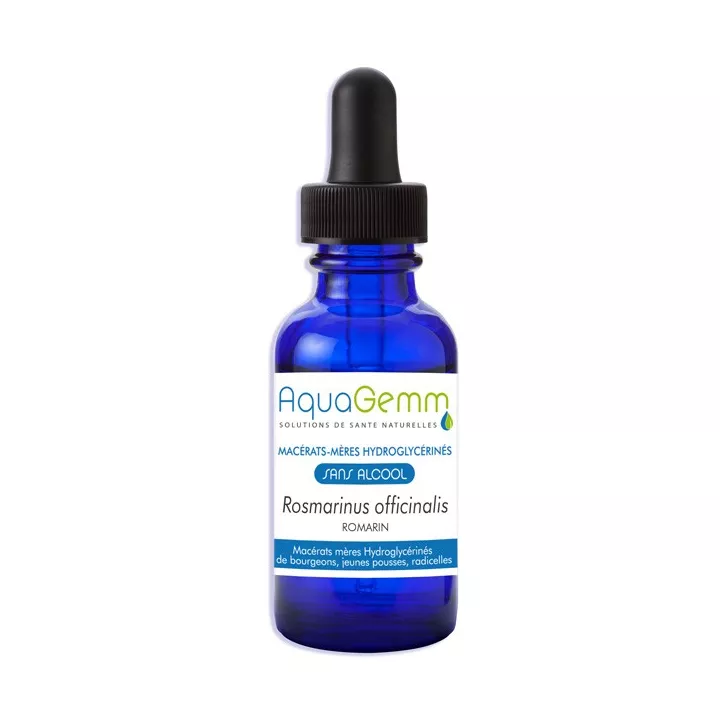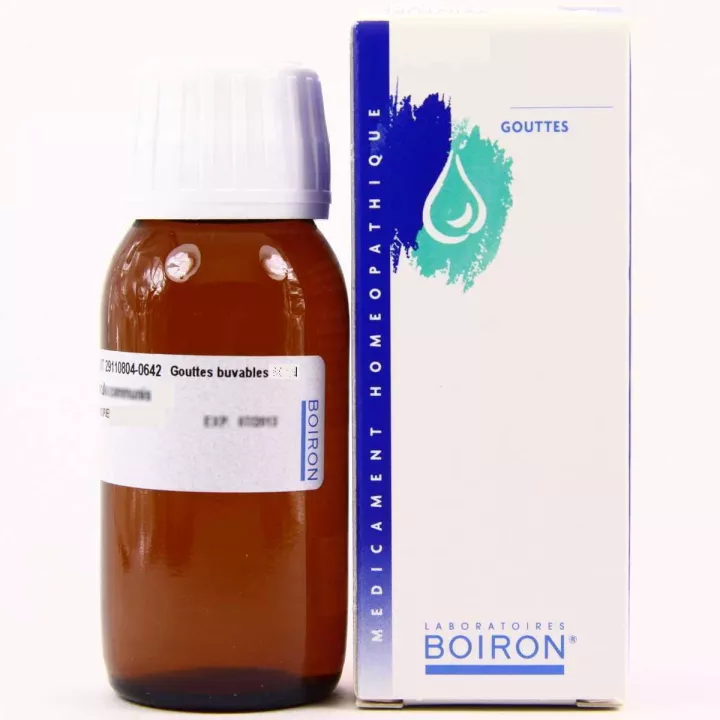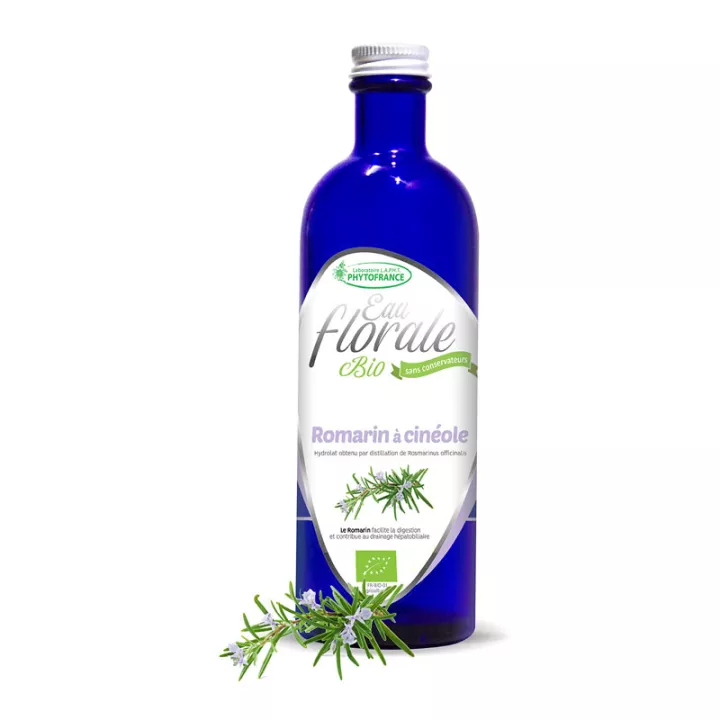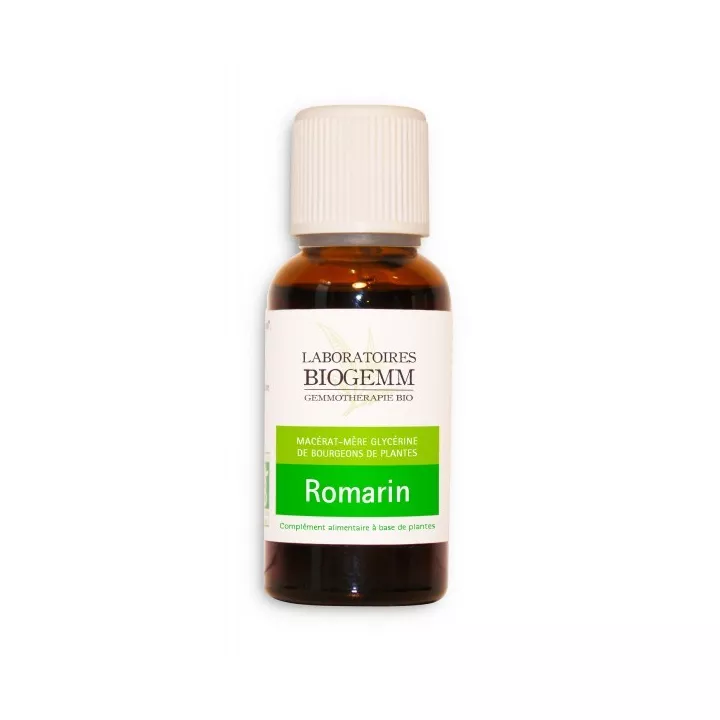What are rosemary leaves used for?
Rosemary leaves are one of the most versatile plants when it comes to health benefits. Used since ancient times for their medicinal, culinary and cosmetic properties, they offer a multitude of benefits for body and mind.
Rosemary leaves are packed withantioxidants,rosmarinic acid andessential oils, which are essential for boosting immunity and protecting against various diseases. These antioxidants work by neutralizing free radicals, helping to prevent cellular damage and chronic disease.
Rosemary also has a positive effect on the digestive system, stimulating appetite, relieving bloating and gas, and improving digestion. Its antiseptic properties help reduce bacterial and fungal infections in the stomach and intestine. Rosemary is also recommended for digestive problems such as liver failure, jaundice, digestive spasms, bloating and constipation.
Rosemary leaves are not limited to internal use. Their beneficial properties also extend to the skin and hair. Their high antioxidant content helps combat the signs of aging, such as wrinkles and age spots. What's more, rosemary essential oil is prized in cosmetics for its cleansing and purifying properties, giving skin and hair a healthy glow.
Rosemary also shines in the world of beauty and cosmetic care. Its antioxidant and revitalizing properties make whole rosemary leaves an ingredient of choice in natural skincare routines. Incorporated into your beauty rituals, rosemary works to rejuvenate skin, strengthen hair and stimulate a feeling of freshness and vitality. Each application is a caress of nature, a breath of youth that travels through your body, revealing your inner and outer beauty.
In cooking, rosemary leaves add exquisite flavor to dishes, especially grilled meats, fish and vegetables. They can also be used in teas and infusions, adding an aromatic touch to every cup.
Rosemary's effects on stomach aches and difficult digestion are attributed to the flavonoids and essences present in the plant. Its anti-inflammatory and antiseptic action is thought to derive from the presence of phenolic acids.
Rosemary has not been the subject of significant clinical studies in humans. Most research has focused on mixtures of plants or essential oils, including rosemary. Its use is mainly based on empirical experience accumulated over the centuries. In animals, rosemary extracts have demonstrated antispasmodic activity on the intestine, diuretic and expectorant effects, as well as stimulation of motor activity.
For thousands of years, rosemary has been an essential plant in the arsenal of natural remedies. Known for its medicinal properties, this aromatic herb transcends time and culture, offering a bridge between ancestral traditions and contemporary wellness practices. Each rosemary leaf is a time capsule, containing secrets of health and vitality just waiting to be rediscovered. Integrating rosemary into your daily life means embracing a heritage rich in benefits, for a revitalized body and mind.
- The European Medicines Agency (EMA) recognizes the traditional use of rosemary leaves and essential oil in the treatment of difficult digestion and mild stomach aches, as well as in the relief of minor muscular and joint pains when applied topically. It recommends a maximum treatment duration of two weeks orally, or four weeks topically.
- Commission E of the German Ministry of Health recognizes the use of rosemary leaves and essential oil in the treatment of digestive problems by mouth, as well as in the relief of rheumatic pain and peripheral blood circulation problems by topical application.
- The European Scientific Coordination on Phytotherapy (ESCOP) recognizes the use of rosemary leaves to improve biliary and hepatic functions, relieve digestive disorders orally, relieve rheumatic pain and peripheral blood circulation problems topically, and treat minor wounds topically. ESCOP advises against the oral use of rosemary essential oil.
We also offer NHCO Aqualyse Concentré Purifiant 500 ml, at the best price in our online pharmacy.
How to use this plant
To take full advantage of the benefits of rosemary leaf, here are a few tips on how to use it:
- Prepare an infusion using 5 to 10 g of rosemary leaves per liter of water. Leave to infuse for 15 minutes, then consume 200 to 400 ml a day.
- Alternatively, make a decoction by boiling rosemary leaves for 30 minutes. Drink 200 to 400 ml a day.
Give your opinion on the advice for use and dosage of Rosemary Leaf with our partner Verified opinions after your purchase.
What are the precautions for use?
- Not recommended for people with obstructed bile ducts (stones) or liver disease.
- Contraindicated in cases of allergy to the plant.
- Rosemary baths are not recommended for extensive wounds, acute skin diseases, high fever, severe infections, circulatory problems and high blood pressure.
- Interactions with diuretic drugs and iron.
- The European Medicines Agency recommends avoiding rosemary products during pregnancy and breastfeeding, except for food use.
- Dried rosemary leaves are reserved for children over the age of twelve.
What does it contain?
- Latin name: Rosmarinus officinalis
- Family: Lamiaceae
- Common names: Rosemary, Incense tree, Crown herb, Troubadour rosemary
- Part(s) used: Leaf
Presentation: 50 g, 100 g, 250 g or 1 kg.
